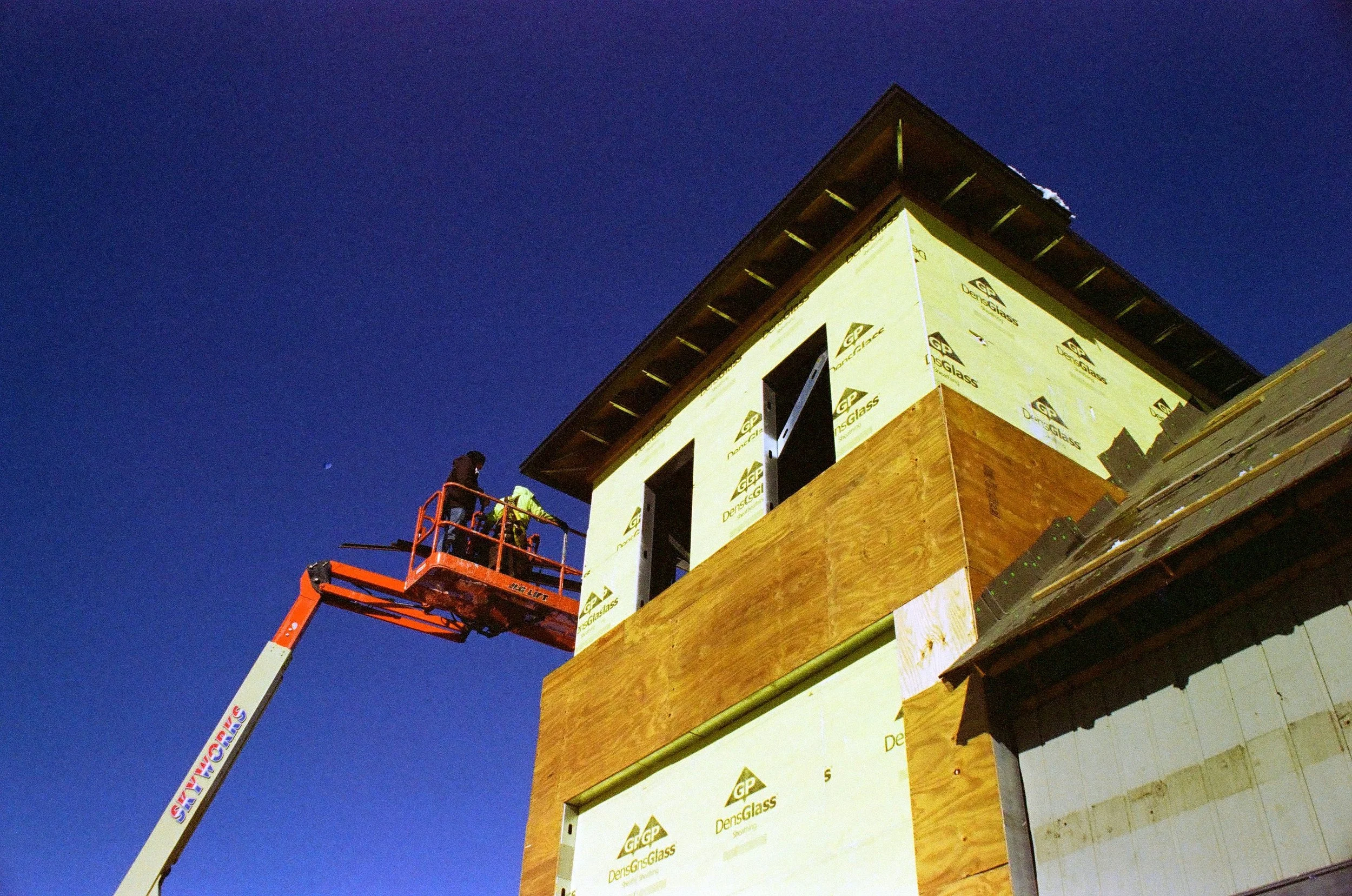Is a Builder’s Warranty Transferable When Buying a Near New Property in NSW?
Given the level of new builds and recent projects announced in Sydney’s Eastern Suburbs, we thought it would be an opportune time to highlight some points when acquiring a near new property. When buying a near new property in New South Wales, many buyers want to know whether the builder’s warranty still applies to them. With property prices at record highs, understanding your rights under the NSW Home Building Act 1989 and the Home Building Compensation Fund (HBCF) can make a significant difference to your peace of mind and financial security.
What Is a Builder’s Warranty in NSW?
In NSW, building works valued at more than $20,000 require cover under the Home Building Compensation Fund (HBCF). This insurance must be arranged by the builder before work begins and provides protection if the builder dies, disappears, or becomes insolvent.
There are two main protections under NSW law:
1. Statutory Warranties (under the Home Building Act). These are mandatory warranties that every licensed builder or tradesperson must provide, regardless of whether HBCF insurance applies.
2. Home Building Compensation Fund (HBCF) Insurance. This insurance adds another layer of protection, but it only comes into play when the builder cannot honour their obligations directly.
Statutory Warranty Periods in NSW
The law sets out clear timeframes for warranty coverage:
Major defects: Covered for 6 years from completion.
All other defects: Covered for 2 years from completion.
If a defect becomes apparent in the last six months of the warranty period, you have an additional 6 months to enforce your rights. A major defect is defined under the Act as one that causes (or is likely to cause) the building to become uninhabitable, unsafe, or seriously unfit for use, such as structural failure, waterproofing issues, or fire safety non-compliance.
Is the Warranty Transferable?
Yes. In NSW, both statutory warranties and HBCF insurance are attached to the property, not the original owner. This means that if you purchase a property within the warranty period, you inherit the same rights as the first owner.
For example:
If you buy a townhouse that was completed three years ago, you still have three years left of statutory warranty protection for major defects.
If a builder went into liquidation before fixing a major issue, you may be able to claim under the HBCF policy, provided the cover was in place at the time of construction.
Image: Ernie Journeys
Why our services matter?
1. Request Documentation - We ask the vendor for a copy of the HBCF insurance certificate and confirm the date of completion. This determines how much warranty period is left.
2. Understand Triggers for Claims - HBCF insurance only applies if the builder is insolvent, has died, or cannot be found. If the builder is still operating, you must pursue them directly for rectification.
3. Be Wary of Renovations - If substantial renovations or extensions have been carried out, we check whether new HBCF insurance was required and issued.
4. Act Quickly - Time limits are strict. If we were to discover a defect, we would immediately act before the warranty period expires, otherwise your rights may lapse.
Buying a property that is two, three, or even five years old can be less risky if you know statutory warranties and HBCF protections transfer to you. For many buyers, this reassurance adds value, knowing that major issues cannot simply be passed down without recourse.
*This newsletter is a generic guide only and should not be taken as advice. Always seek professional independent legal advice.

